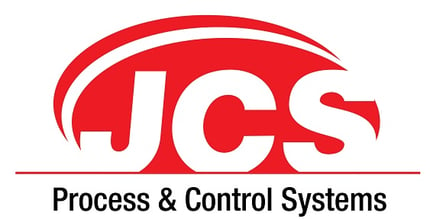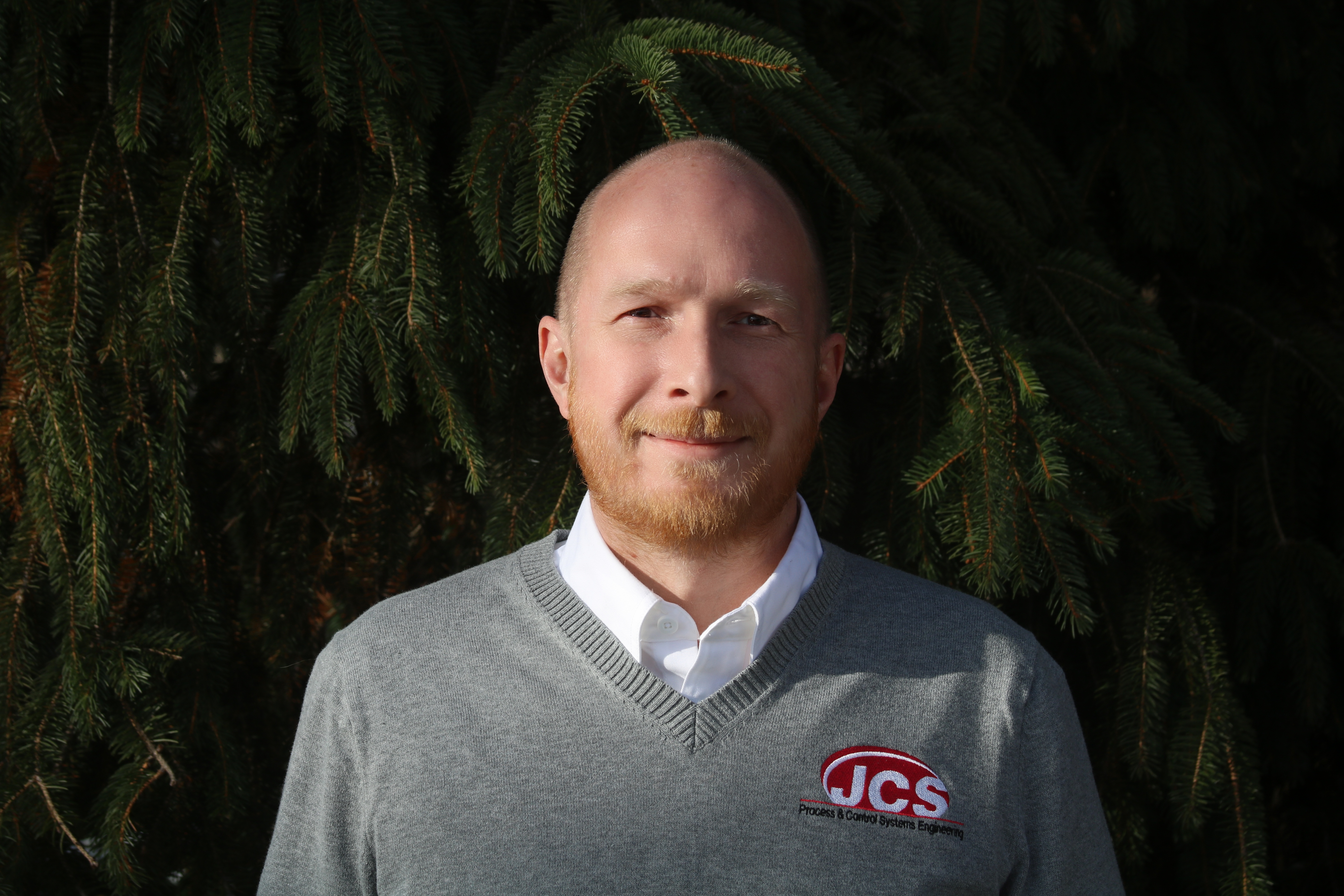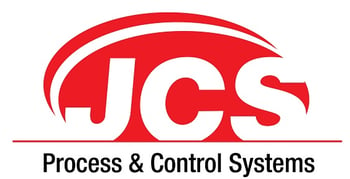JCS is pleased to announce that we have become a UL508a certified manufacturer (CM) of Industrial Control Panels. The UL508a certification indicates that control panels are designed and constructed to use quality components, appropriate circuit protection, correct wiring and spacing, and conform to electrical code specifications according to UL standards.
- Blog
Preventive maintenance (PM) is a key part of facilities management, and your goal is to develop and implement consistent practices that improve the performance and safety of the equipment at your facilities. While the implementation of a preventative maintenance plan can be time-consuming and costly, from our years of experience, we believe that the benefits far outweigh the risk of not having one in place. Fewer equipment stops mean less production waste, less unplanned downtime, and a healthier business. Follow these five tips to ensure you have an effective, efficient, and sustainable PM program for your facility.
Data Capture is the first step towards process improvement. No matter the industry that you are in, if you cannot measure it, you cannot improve it. In the Food and Beverage processing industry, this is not an exception. For process control systems, data capture is a vital part of the overall system and is what validates the finished product. JCS has developed a standardized approach to data capture for each control process - batching, blending, clean in place (CIP) systems, and ultra-high temperature (UHT) systems - to record data for regulatory, troubleshooting, process optimization and reporting purposes.
As plants develop and grow over time, they must continuously deal with the need to maintain and update their assets. Process control systems are one of those assets that must be evaluated regularly for any potential risk to operations as it approaches or passes obsolesce. While control systems can, and often do last well beyond their expected lifecycle, the question becomes what is the risk when an HMI fails, but there is no replacement available for it? Or if there is a replacement available, how long will it take to receive, configure, and install the new HMI? You can keep replacements in stock, but if there are several platforms involved, the costs to stock spares can start to add up, and this may not be the best use of your dollars. Keeping up with current HMI platforms ensures not only that replacement parts are readily available, but in the case of thin client technology makes replacing an HMI on the floor almost trivial.




